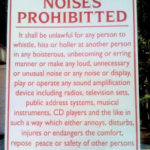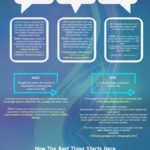First question is:
Is it Legal?
There are only two legal ways to blog someone else’s content:
The first is to obtain permission of the copyright holder and the second is to link back to the content rather than reproduce it.
Bloggers need permission from the copyright holder to publish an article not their own on their blogs. The copyright holder is either the author or someone to whom the author transferred the copyright. The copyright holder may or may not ask for payment when a blogger seeks permission to reproduce his article on a blog.
With proper permission, a blogger may legally post someone else’s entire article on his blog.
And second, a blogger does not need the author’s permission to link back to the original article and include a small blurb describing the article.
If you are a blogger and want to link back to this article, feel free. You can copy the first couple sentences and link to it, or you can write a paragraph describing it and link to it. Here is an example of a blogger properly linking to my work: when you click on this bolded link, you will see the first paragraph of my article entitled Teaching Business Skills to Child Entrepreneurs and a “read more” button that links back to my publication on Associated Content.
A proper link allows you to get the message to your blog readers and at the same time insures that the writer gets his page views and their associated income.
Now what does google have to say about Duplicate content?
The Duplicate Content Taboo
This article on google webmasters central related to the myth of duplicate content by Susan Moskwa tries to clarify the content penalty issue by providing some information whether or not duplicate content is or not penalized. Although there is no such thing as a “duplicate content penalty” (but could affect your sites performance), I strongly advice everyone to read this article, as there are some penalties that are related to the idea of having the same content as another site – for example, if you’re scraping content from other sites and republishing it, or if you republish content without adding any additional value and permission from the author. These tactics are clearly outlined (and discouraged) in google’s Webmaster Guidelines.
* Don’t create multiple pages, subdomains, or domains with substantially duplicate content.
* Avoid… “cookie cutter” approaches such as affiliate programs with little or no original content.
* If your site participates in an affiliate program, make sure that your site adds value. Provide unique and relevant content that gives users a reason to visit your site first.
Read the full article. New window will appear.









